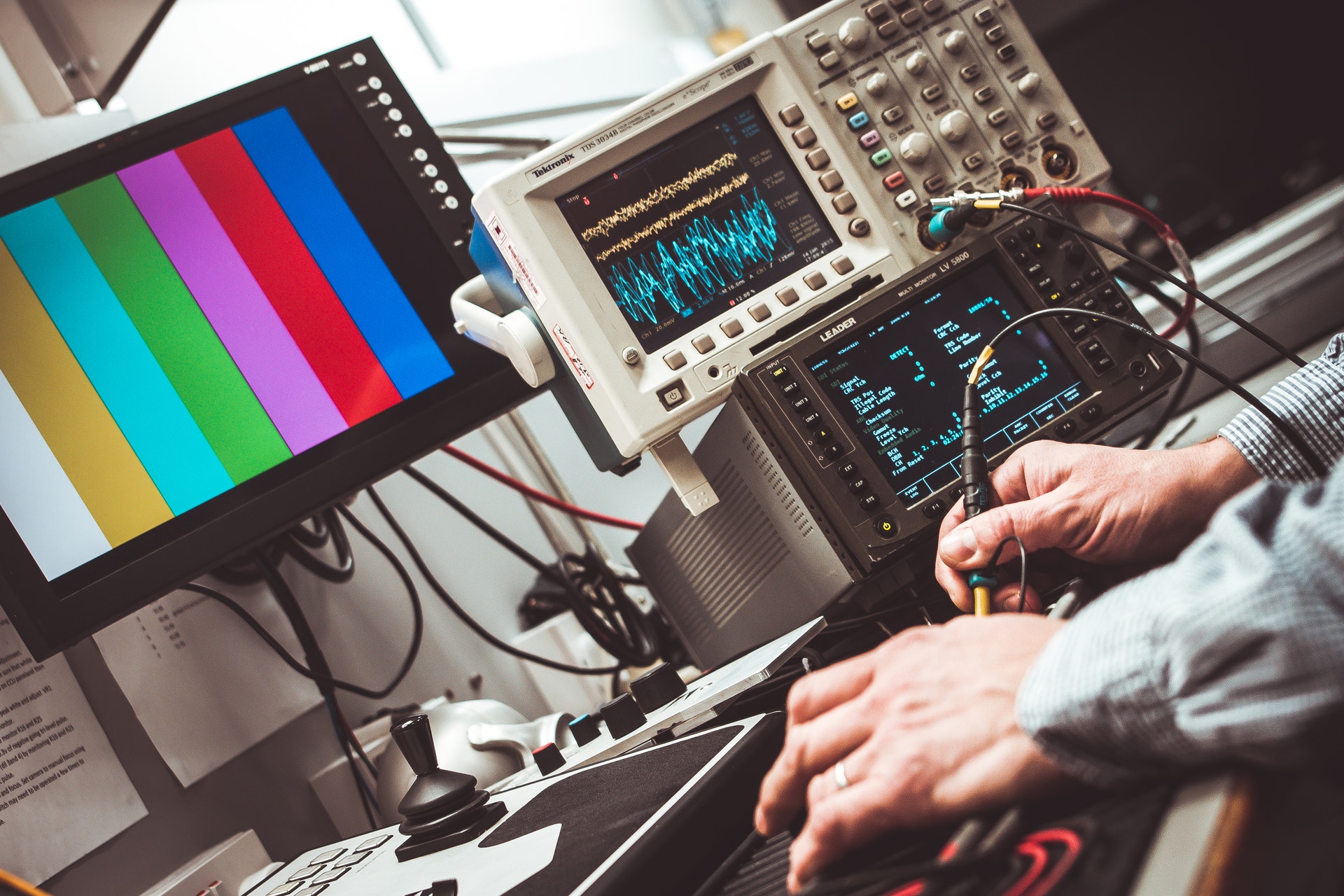Event News
What is Electrical and Electronics Engineering

According to a research paper published by Tony Nelson Winson and Rashad Yazdanifard, about 23% of Malaysian students change their major in the first 2 years of their higher studies.
That means about one out of every five high school leavers have difficulty deciding what stream they should pursue as their major degree.
Irrespective of the choices available for students, engineering as a choice has always been a popular pick amongst the student community.
This article will help you understand the features of electrical and electronic engineering.
What is Engineering?
The profession of engineering takes the knowledge of mathematics and natural science gained through study, experience, and practice and applies this knowledge with judgment to develop ways to utilize the materials and forces of nature for the benefit of mankind.
It is vital to have the best knowledge possible to undertake any role successfully in engineering.
What is Electrical Engineering Degree?
Let us get to know more about the electrical engineering degree:

The first Electrical Engineer was graduated from Cornell University (US) in 1885. Electrical engineering is the largest branch among engineering representing about 31% of graduates entering globally.
Because of the rapid advances in the technology associated with electronics and computer science, this branch of engineering is growing faster.
The field of electrical is strengthened and reinforced by philosophies and inventions of scientists such as Michael faraday, George Simon Ohm, James Clerk Maxwell, Thomas Alva Edison, Nicola Tesla and Oliver Heaviside, etc.
This Branch of engineering is not only lighting the entire world but also forms the base for electronics, micro and nano electronics, communication, control and mechatronics engineering.
In general electrical and electronics engineering may have core courses such as electromagnetic field theory, electronic devices, electrical circuits, signals and systems, electrical machines, measurement and instrumentation, automation systems, power electronics and power systems, high voltage engineering, digital signal processing etc.
Almost every minute of our life, we depend on communication equipment developed by electrical engineers.
Greater strides have been made in the control and measurement of phenomena that occurs in all types of processes. Furthermore they have plenty of opportunities in project management, quality management and reliability engineering and automation industry.
Energy engineering is another sub topic of electrical and electronics engineering which deals with not only energy generation, also energy utilization, green energy buildings and Heating Venting and Air Conditioning (HVAC).
IR 4.0 related courses such as Artificial Intelligence, Robotics, Data analytics are part of electrical and electronics engineering
After graduation, electrical and electronic engineers are placed in power generations and utilities, construction, oil and gas industries and semiconductor industries.


